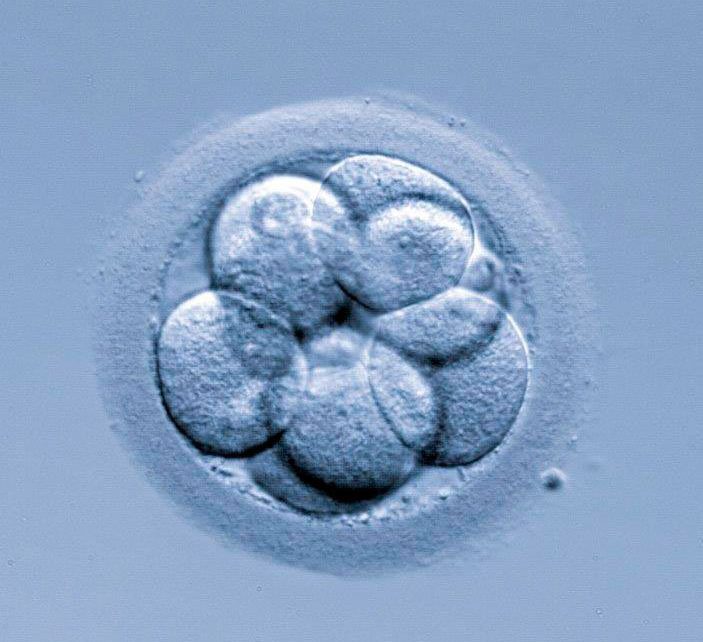An Instituto Bernabeu study analyses if ovarian stimulation can alter the risk of aneuploidies and mosaicism in embryos
05-12-2019

The aim of research work performed by the Genetics and Molecular Biology Department at Instituto Bernabeu IBBiotech was to determine if there is a relationship between the ovarian stimulation process in cycles of in vitro fertilisation (IVF) and the aneuploidy and mosaicism rate in embryos. The conclusions were presented at the Association for the Study of Reproduction Biology (ASEBIR) Congress held in October in Cáceres.
The research project assessed over 800 biopsied blastocysts on day 5 or day 6. The blastocysts were from 280 couples undergoing assisted reproduction treatment and it was performed using PGT-A, a technique used to genetically analyse embryos. Participating patients were women under 38 years of age who were undergoing IVF treatment using their own oocyte. Both partners had a normal karyotype and the men did not have abnormal FISH or sperm DNA fragmentation test results.
The research took several variables, such as the stimulation protocol and the type of gonadotropin, into account. The only variable that showed a link with the embryo aneuploidy rate was the duration of ovarian stimulation. Patients who needed additional days for stimulation presented a lower rate of embryos with chromosomal abnormalities.
In their conclusions, the researchers indicate that this information can help reduce embryo aneuploidy rates and, in turn, help to reduce the number of IVF cycles that fail specifically because of this.
¿Puede el proceso de estimulación ovárica modificar el riesgo de aneuploidías y mosaicismo en los embriones?
A. M. Cascales ; JA Ortiz; R. Morales; F. Lozano; B. Lledó; J. Ten; J. Ll. Aparicio; R. Bernabeu
